Data from the BGS Seismology team, led by Dr Brian Baptie, has helped to illustrate a dramatic reduction in seismic activity and earth vibrations — or ‘noise’ — during lockdown.
The data was transformed into an illustration as part of ‘Nature in Lockdown’, a Natural History Museum (NHM) public engagement initiative that crowdsourced research ideas to discover which environmental impacts of COVID-19 people were most interested in.
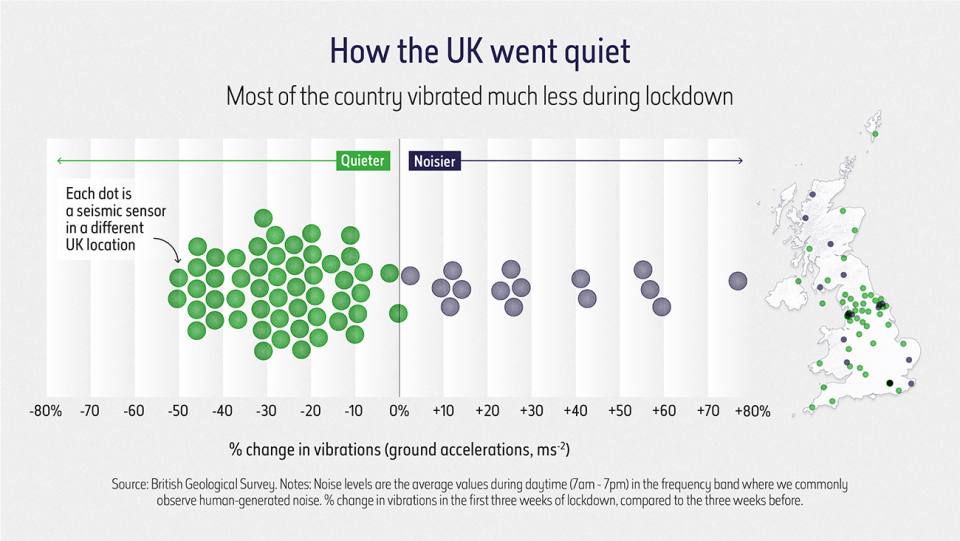
How the UK went quiet, copyright Natural History Museum.
As part of the initiative, NHM collaborated with data visualisation company Beyond Words, who approached BGS to help illustrate some of the environmental changes wrought by lockdown.
The seismic data was brought to their attention when BGS seismologists observed a drop in seismic activity throughout March 2020 in some locations across the UK.
Some areas of the UK were noisier during lockdown, but most of the country vibrated less; a pattern also noted by scientists in locations across Europe when entire countries were brought to a standstill.
We compared the average daytime noise levels at seismic stations in the UK in the two week period since the start of the COVID-19 lockdown with the average noise levels for the beginning of the year. The results show reductions in noise levels at most of our stations of between 10 and 50 per cent.
We see that some of the biggest noise reductions are at sites closest to sources of human-generated noise. Much of our understanding about the Earth comes from observations of earthquakes. So in theory, this could lead to new insights about our planet.
Brian Baptie, BGS Seismologist.
The Nature in Lockdown initiative drew on a variety of open-source data and scientific databases and documented the dramatic drop in driving and public transport use, and the changes to sightings of both animals and birds.
The project, which received funding from the Natural Environment Research Council, culminated in a live interactive virtual ‘Lates’ event on Friday 25 September, during which audiences posed questions to young and emerging researchers about those topics.
These fascinating visualisations, the result of a collaboration between scientists, our digital teams and Beyond Words, bring to life some of the astonishing impacts lockdown has had on our environments and how we noticed and experienced nature in a new and different way.
Clare Matterson, NHM’s executive director of engagement.
You can view the illustrations on The Natural History Museum website.
Find out more about how the BGS collects data to improve our understanding of earthquake hazards.
Relative topics
Related news
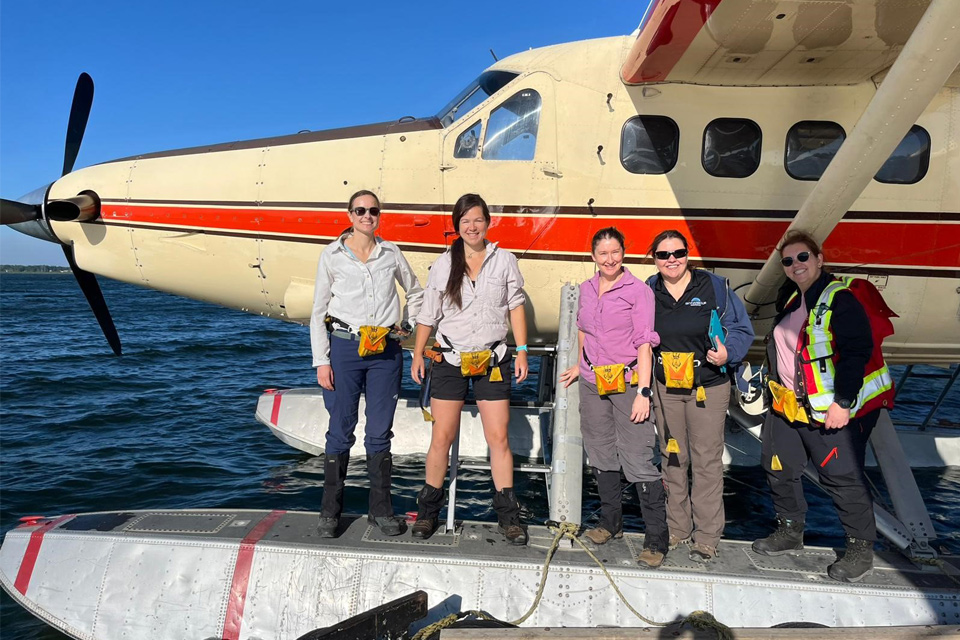
Funding awarded to UK/Canadian critical mineral research projects
08/07/2025
BGS is part of a groundbreaking science partnership aiming to improve critical minerals mining and supply chains.
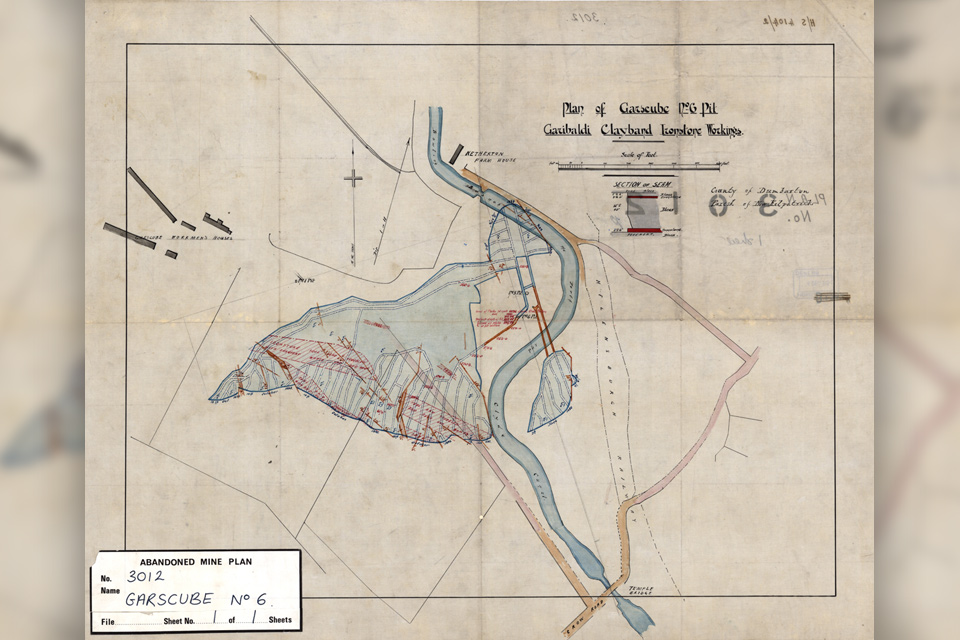
Release of over 500 Scottish abandoned-mine plans
24/06/2025
The historical plans cover non-coal mines that were abandoned pre-1980 and are available through BGS’s plans viewer.
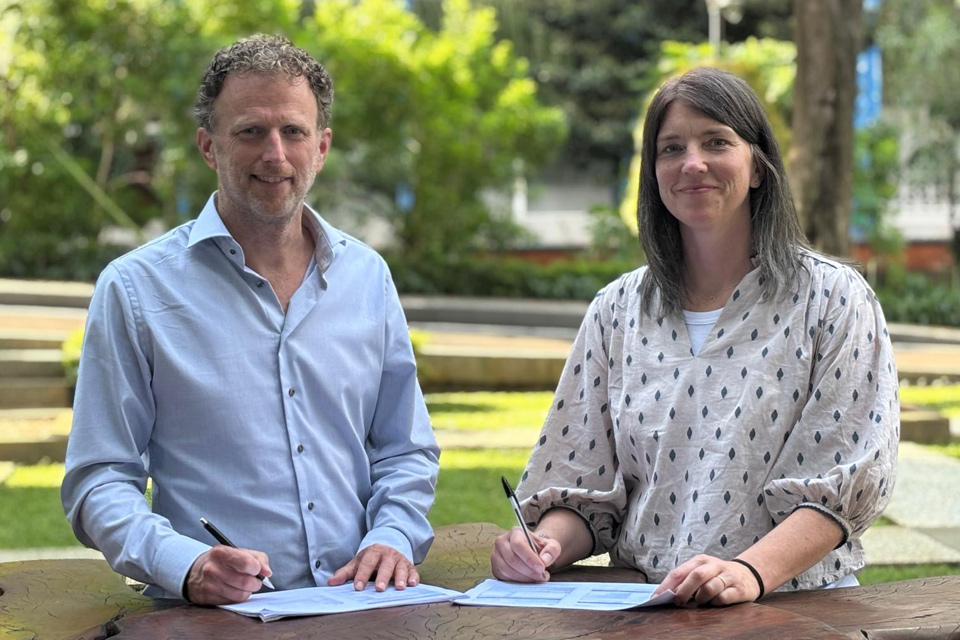
New collaboration aims to improve availability of real-time hazard impact data
19/06/2025
BGS has signed a memorandum of understanding with FloodTags to collaborate on the use of large language models to improve real-time monitoring of geological hazards and their impacts.
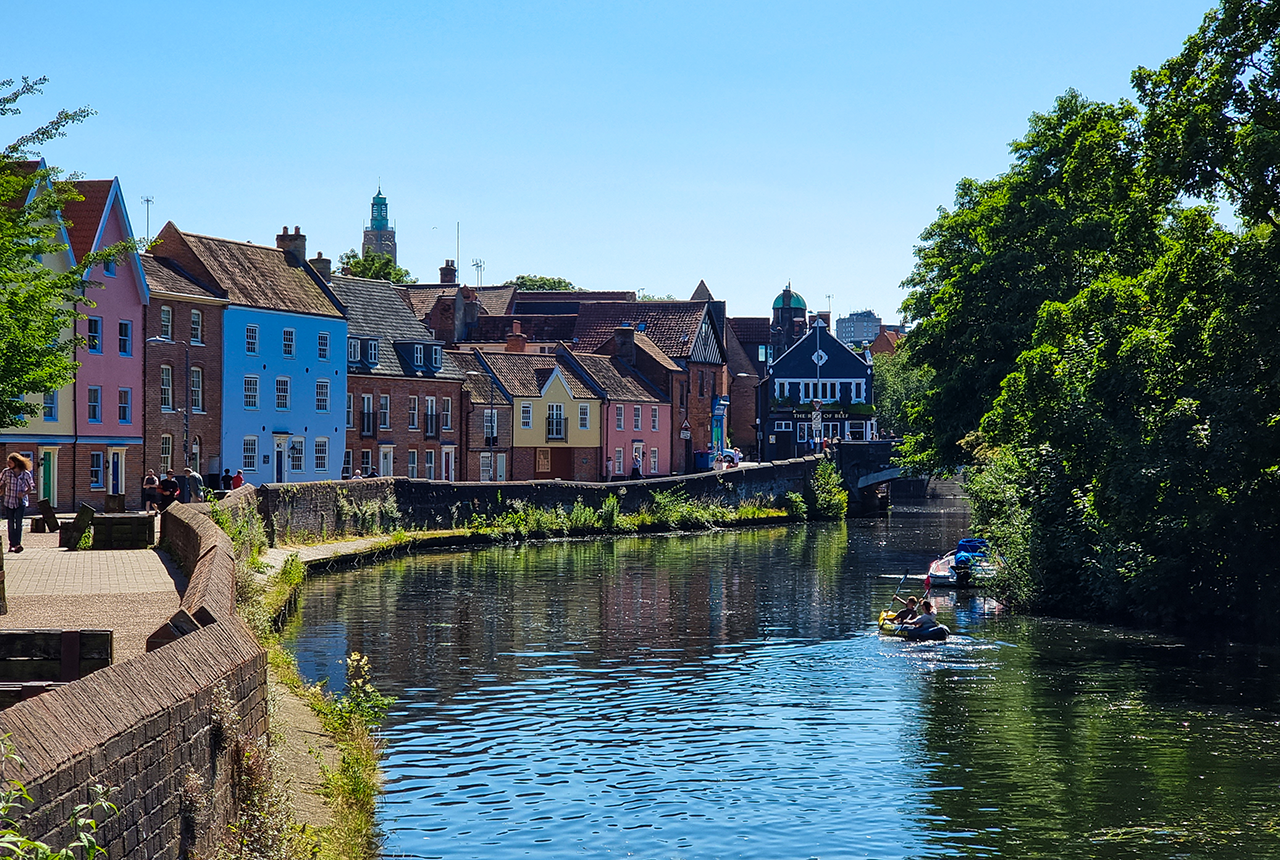
Modern pesticides found in UK rivers could pose risk to aquatic life
17/06/2025
New research shows that modern pesticides used in agriculture and veterinary medicines have been found for the first time in English rivers.

Goldilocks zones: ‘geological super regions’ set to drive annual £40 billion investment in jobs and economic growth
10/06/2025
Eight UK regions identified as ‘just right’ in terms of geological conditions to drive the country’s net zero energy ambitions.
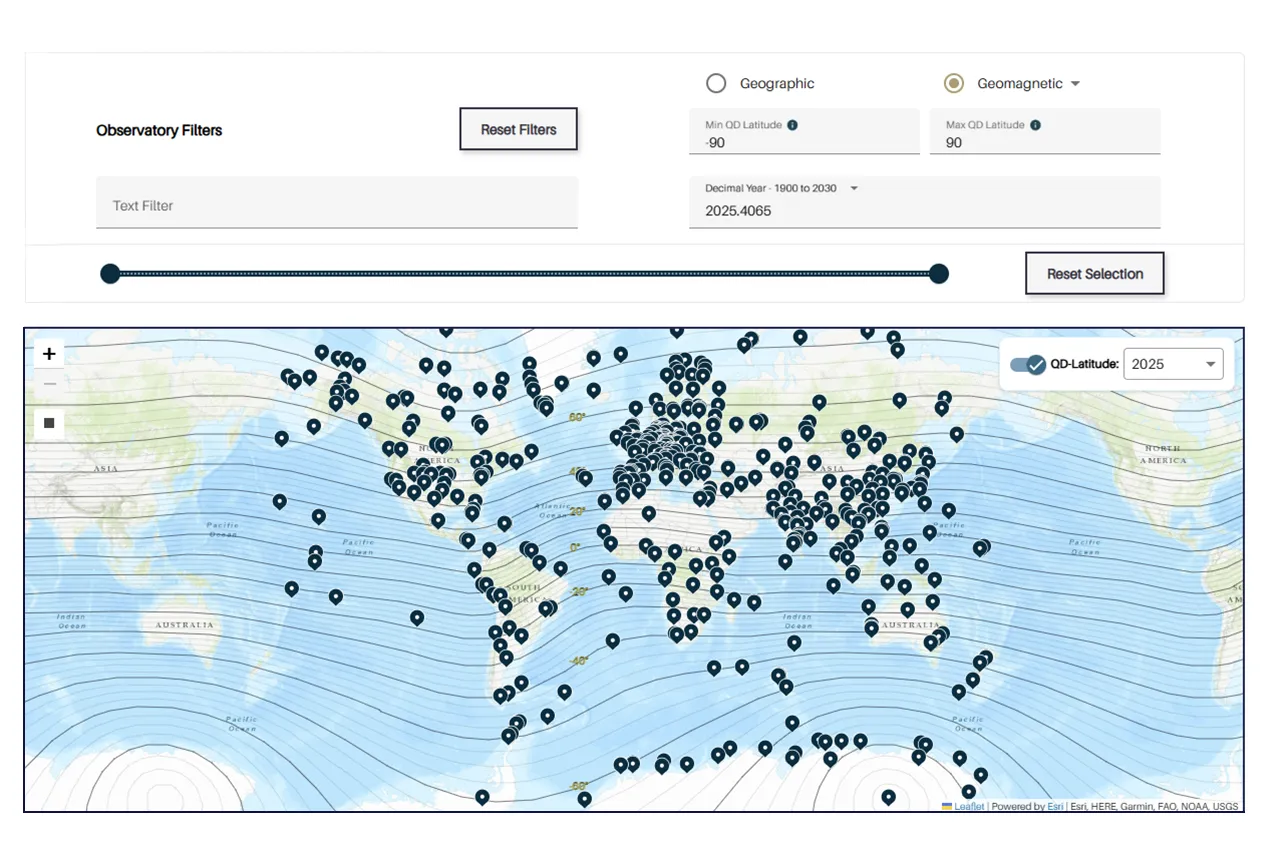
Upgraded web portal improves access to geomagnetism data
02/06/2025
BGS’s geomagnetism portal, which holds data for over 570 observatories across the world, has received a significant update.

BGS digital geology maps: we want your feedback
29/05/2025
BGS is asking for user feedback on its digital geological map datasets to improve data content and delivery.

What is the impact of drought on temperate soils?
22/05/2025
A new BGS review pulls together key information on the impact of drought on temperate soils and the further research needed to fully understand it.
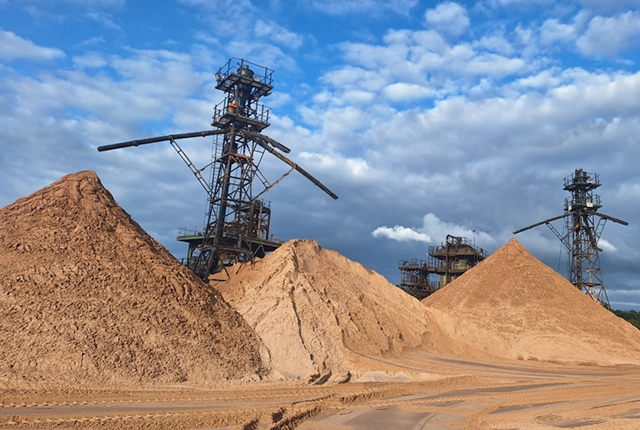
UK Minerals Yearbook 2024 released
21/05/2025
The annual publication provides essential information about the production, consumption and trade of UK minerals up to 2024.

BGS scientists join international expedition off the coast of New England
20/05/2025
Latest IODP research project investigates freshened water under the ocean floor.

New interactive map viewer reveals growing capacity and rare earth element content of UK wind farms
16/05/2025
BGS’s new tool highlights the development of wind energy installations over time, along with their magnet and rare earth content.
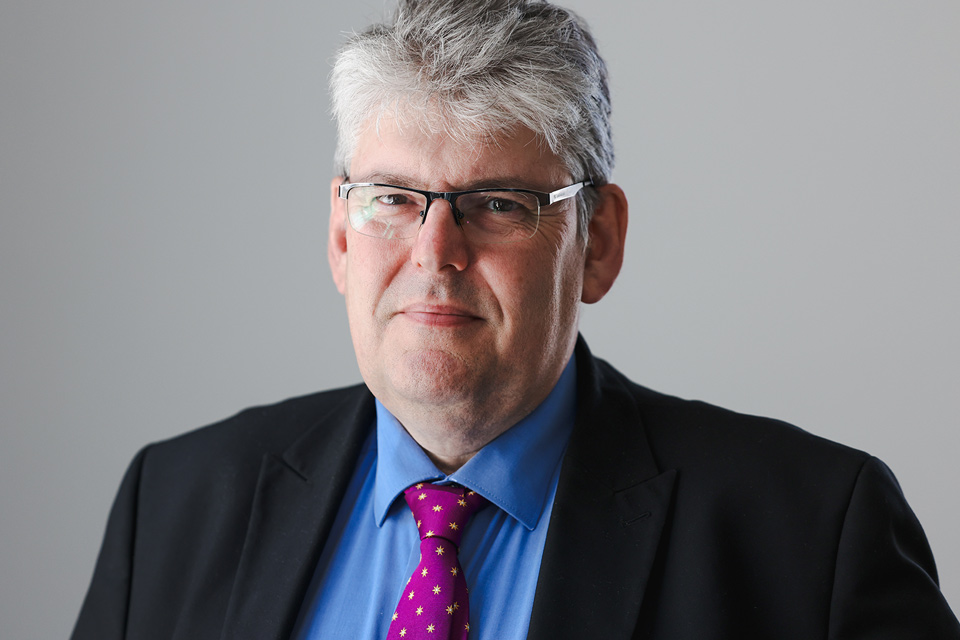
UKRI announce new Chair of the BGS Board
01/05/2025
Prof Paul Monks CB will step into the role later this year.




